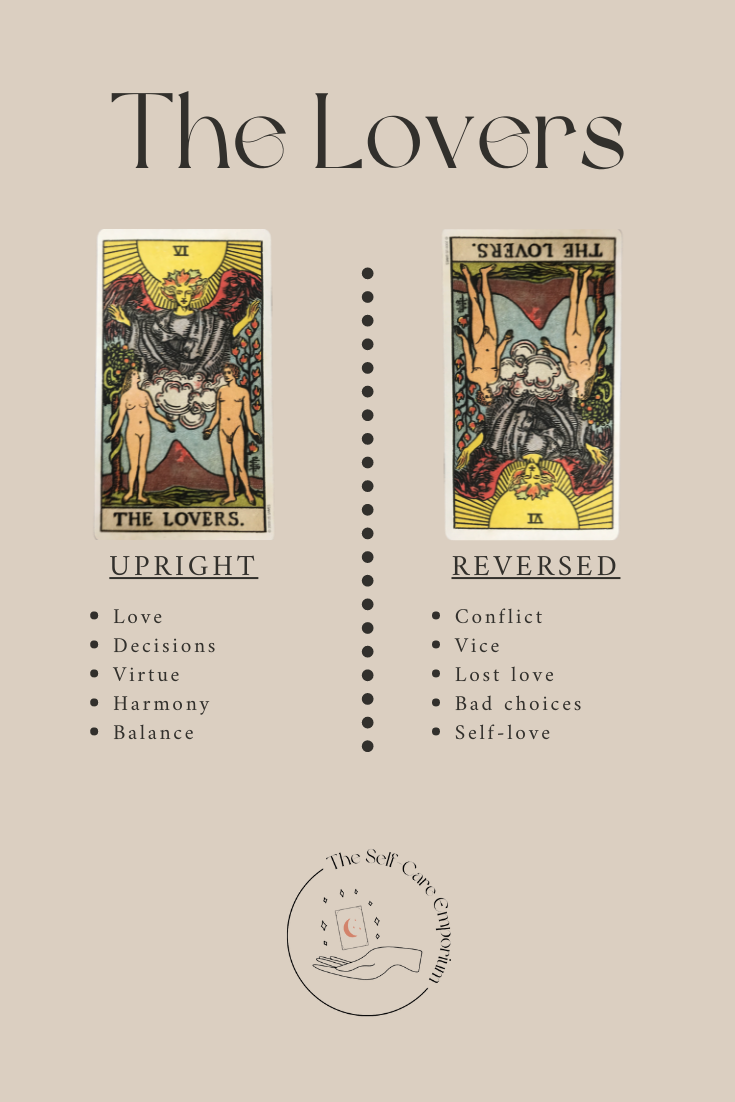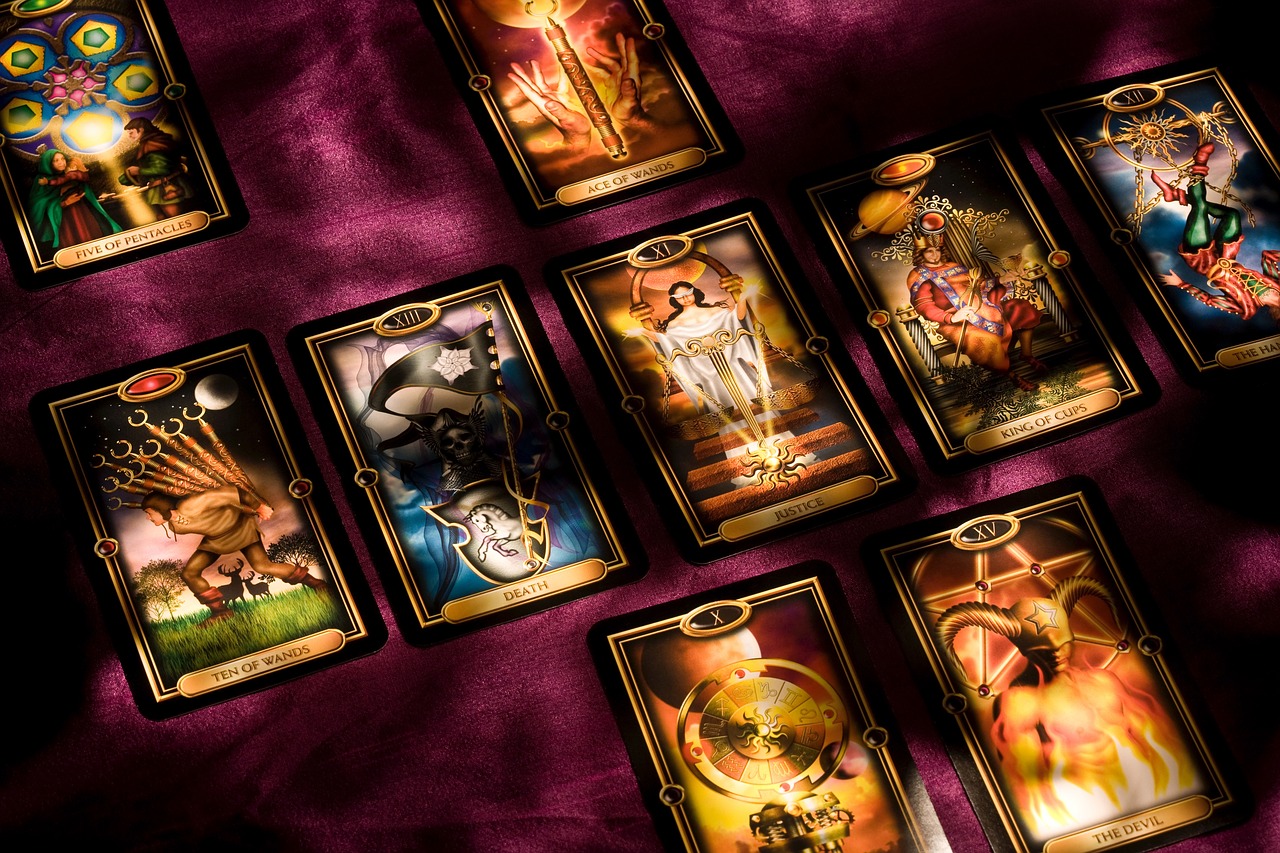
Cold reading is a form or public speaking in that you read aloud text or a script. This technique is very popular in performing arts, particularly in theater. It can be a good way to improve your speech skills and impress an auditorium. This is also called 'theatrical-reading'. In addition to being an effective tool for public speaking, cold reading is also an excellent way to develop confidence.
Techniques
The various techniques used for cold reading include listening to the body language, and observing details of the conversation. Learn about the subject's concerns and lifestyle during the reading. It is possible to observe the subject's reaction to your statements. Then, refine your statements according the results.
While you can use a variety techniques to create win-win situations, you can also use contradictory statements to describe the subject's behavior. Some mentalists create such situations by creating statements that seem to be at odds with one another. Another common technique is to make a subject feel something or think. This method works because the subject likely has experienced both sides.
Audience selection
Target potential customers based upon their interests. For example, college sports fans and women in their twenties. Target your ad to people who are most likely buy your product. To get the best out of your ads, you can use demographic targeting.

Cold reading can only be done if you are able to make an impression on the listeners. Many candidates focus on the script while auditioning and lose eye contact with the audience. Try to hold the script one hand in your other hand and make eye contact with your audience. Be sure to take a short time turning the page. It is possible to fold the corners of the page so you can turn it more quickly.
Body language
Cold reading refers to the art of understanding nonverbal signals from people and deciphering their intentions, without having to speak with them. This skill is particularly useful when trying to gauge someone’s level of confidence and nervousness. It also helps you adjust your behavior for different situations. Many people think that body language is equivalent to cold reading, but that's not necessarily true.
The truth is that cold readers tend to make many generalizations about their subject. The majority of the information they provide is accurate. However, it can also make the reader feel evocative or provocative. The key is to carefully watch the person's body language to narrow the scope and refine the statement based on their reaction. A cold reader might make a joke about a relative who has died, while a more serious statement about the person’s relationship with a former partner could be more accurate.
False signals
Two main methods can be used to detect cold reading false signals. The subjective validation is the most common, while objective validation is more reliable. Both methods require a certain amount of training and experience. A versatile repertoire is essential for any cold reader. Good cold readers should be able identify people in various states of mind.
A successful cold reader will ask many questions to get as much detail as possible. Then, they will repeat or modify the answer and use that to guide them for the next question.

Preparation
Prepare for cold auditions as a performer. Cold readings don't require script study but it is important to do your research on the subject matter so you know what questions will be asked. This will enable you to feel connected with the material as well as familiarize yourself with the characters, storyline, company, and other details. In order to practice, you could even read some material out loud.
While preparing for a cold reading audition, actors should avoid getting stiff. It is important to remember that actors communicate with their bodies just as much as they do with their words. Therefore, it is important to use gestures that convey the right emotion for the role.
FAQ
What are some great hobbies?
The best hobbies are those that you enjoy doing for yourself. You'll be more motivated to do what you love. You'll also have an excuse when you're not feeling well or tired!
We all have hobbies that we love and know. These include painting, crafting, photography, cooking and sports.
Another option is to volunteer at a local charity shop.
Suppose you're looking for something more adventurous. Try scuba diving, rock climbing or parasailing.
There are many ways to enjoy nature, even if you don't want to travel far. You can go cliff diving, cave tubing or snowshoe hiking, snowshoeing or snowkiting.
What is a hobby for kids?
Anything kids like to do that is not part of their daily routine is a hobby. You might find them interested in drawing, building things, painting, writing stories, playing with toys, listening to music, reading books, watching TV, and playing computer games. They may also like to play soccer, football, basketball, cricket, rugby, baseball, and hockey.
Many parents worry that their kids will get into trouble when they're free to do what they want. However, this is not always true. Your child won't get in trouble if they are safe and don't do any harm to anyone.
It is important that people remember that simply because they love doing something does not mean they will always do it. If they don't like writing but love drawing, they might choose to draw images instead.
There are many hobbies to choose from, so it's up you to find the one that interests you most.
How can I get started in my new hobby?
To start a new hobby, you must first decide what type of activity you would like to do.
After you've decided on your subject, it is important to feel passionate about it.
Understanding why you are interested in a hobby is important. It will give you some direction and purpose.
After you have decided on the type of hobby you want to pursue, it's time to start planning.
Take a look at the equipment you will need.
You might need to consider whether you should attend classes or seminars.
Make sure that you have enough space in your home for your hobby.
A club or group might be something you consider. These groups are often supportive and offer advice.
Finally, think about how much money you would need to spend on your hobby.
Statistics
- This 100% accurate personality-analyzing hobby quiz discovers your passion based on your characteristics. (quizexpo.com)
- The intensity of the dialogue partners' bond at the end of the forty-five-minute vulnerability interaction was rated as closer than the closest relationship in the lives of 30 percent of similar students. (time.com)
- 37% Video Games 36% Travel 36% Health and Fitness (quizexpo.com)
- I am 100% biologically a woman (discover.hubpages.com)
- Almost 80% of people claim to have no hobby. (hobbylark.com)
External Links
How To
How to learn a musical Instrument
There are many ways you can learn to play music. There are many options. You can go to school, purchase a book, learn from an instructor, or watch videos online. Here are some tips and techniques to help you learn if your goal is to create your own learning path.
-
Find something that interests you. Try another instrument if you don't love any of the ones you see. It is difficult to enjoy an instrument if it is not something you are interested in.
-
Be patient. Learning anything new takes some time. It is unrealistic to expect to know everything instantly. Instead, continue to practice each day.
-
You should practice often. Even if you feel tired, keep practicing. This will ensure you don't forget what lessons you have just learned.
-
Make sure you choose a safe place to practice. Ideal is a quiet area where you don't have to disturb anyone else. Make sure there aren't distractions. It is best to avoid listening to loud music nearby.
-
Have fun. Music is meant to be enjoyed. It is important to have fun when practicing. You will be motivated to do more if you have fun.
-
Set goals. If you set goals, then you will know exactly how you want to get there. This will make it impossible to fail.
-
Keep track and keep track of your progress. Write down all of your accomplishments and failures. It will help you become a better person over time.
-
Pause. Sometimes, you will just need to stop for a while. Taking breaks will give you time to think about things.
-
Ask questions. If you have any questions or doubts about the instrument, ask other people. They may be willing to help.
-
Listening is the best method to learn. Musicians often listen to music they like and try to imitate it. This helps them understand the basic concepts behind the song.
-
Read books. Read books to learn more than just watching videos or learning from classes. Books can also provide information that is not available elsewhere.
-
Get involved in a band. You'll be more motivated to practice when you are playing with others. Plus, you'll meet people with the same interests as you.
-
Learn from tutorials. Tutorials are short videos that explain various topics in great detail. These videos often focus on one aspect or part of the instrument. Tutorials can help you understand complex parts of your instrument.
-
Try different methods. Some people learn best by reading, while others prefer lectures. Find what works best for your learning style.
-
Practice makes perfect. There is no way to be an expert overnight. It takes a lot of work to be able to perform well.
-
Get along with other musicians. You can learn faster by listening to other musicians play your favorite songs.